
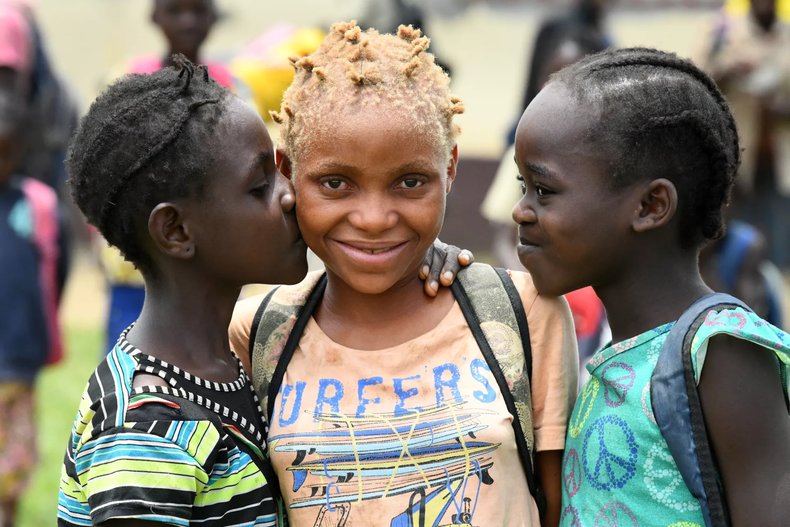
Every September 20, the world comes together to celebrate World Children's Day, a day dedicated to advocating for the rights and well-being of children everywhere.
The origins of this global observance can be traced back to September 21, 1954, when the United Nations General Assembly recommended its establishment.
Since then, more than 145 countries have joined in this annual commemoration, using it as an opportunity to shed light on the challenges faced by children.
In Germany, World Children's Day is specifically observed on September 20.
This year, we wholeheartedly embrace the theme 'Into the Future with Children's Rights,' as it serves as a powerful reminder of the ongoing need to advance the rights and welfare of children around the globe.
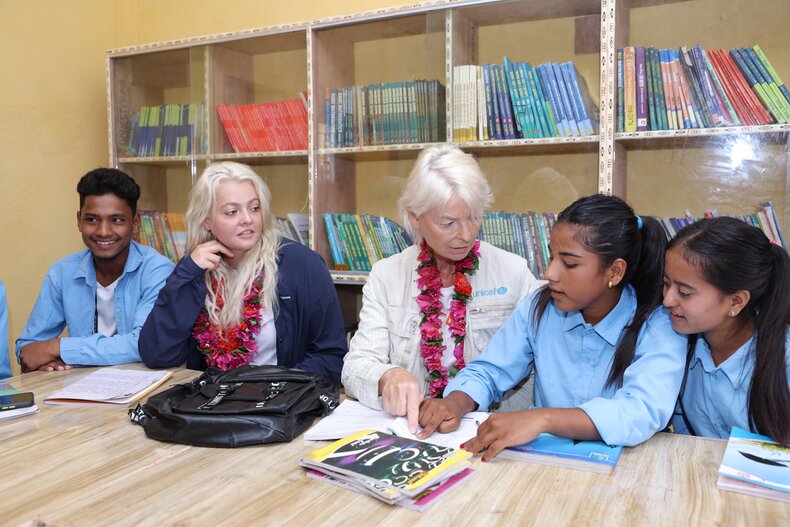
On the occasion of World Children's Day's 70th anniversary, UNICEF Germany and the German Children's Fund are urging policymakers to prioritize the needs and rights of children.
Providing children with the support and resources they require is not only a moral imperative but also a practical necessity for addressing today's global challenges.
We join this cause as Ann Kathrin Linsenhoff emphasizes that "Our society's future depends on investing in our children. Every child, no matter where they come from or their legal standing, deserves the chance to succeed and shape their own life."
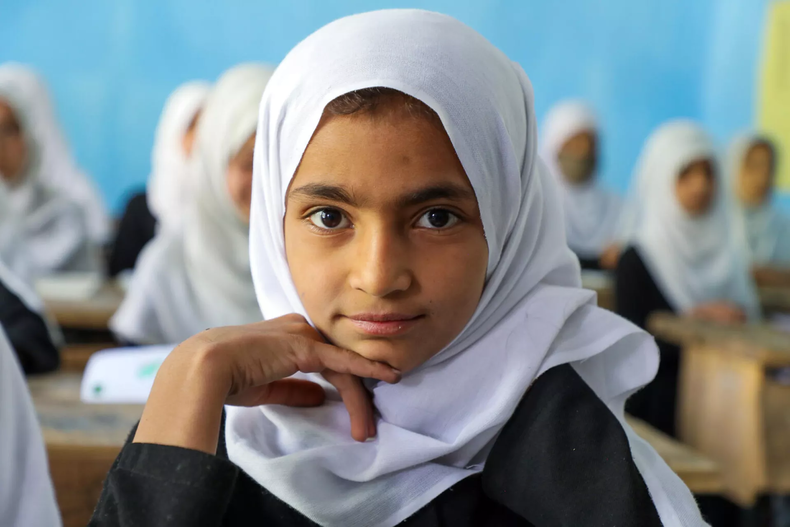
Displaced children are disproportionately impacted by the global refugee crisis as approximately 40% of the 110 million displaced individuals worldwide being under the age of 18.
As millions of young people are forced to leave their homes due to conflict, they face heightened risks and trauma.
World Children's Day calls attention to the urgent need for humanitarian aid and protection for these vulnerable individuals.
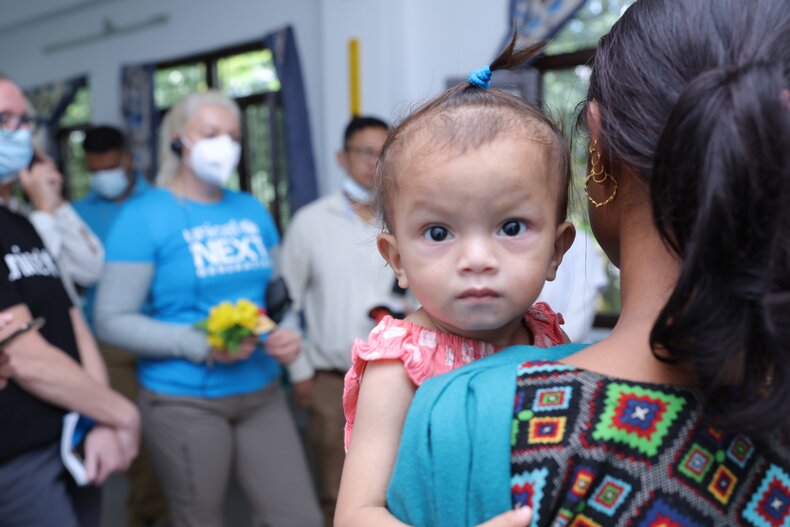
Birth registration is a basic human right that provides a child with an identity and access to essential services.
Yet, despite some progress, approximately 166 million children under the age of five globally remain unregistered. For children who have been displaced from their homes, the registration process becomes even more crucial and complex.
According to UN, without proper registration, these children risk becoming stateless and may lack access to basic needs such as healthcare, legal protection, and of course, education.
This issue is particularly critical for refugees. The UNHCR estimating that between 2018 and 2022, 1.9 million children were born in refugee settings.
Ensuring these children are registered is vital for safeguarding their rights and enhancing their prospects for a better future.
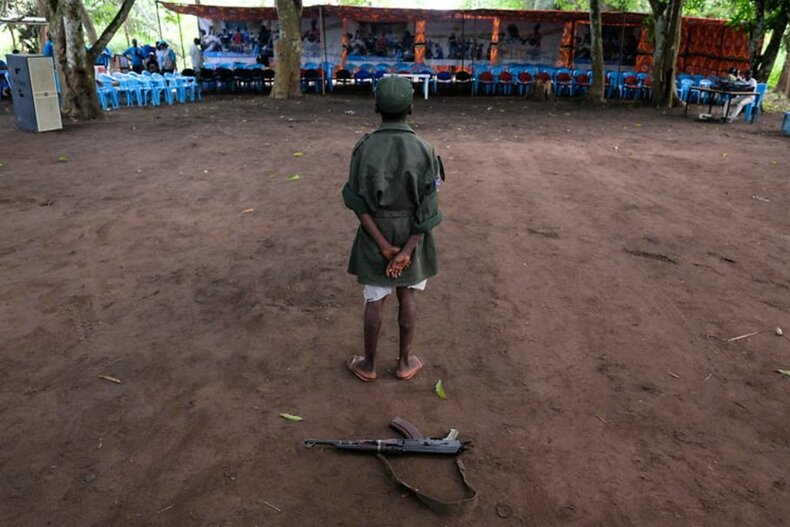
Refugee children are particularly vulnerable to exploitation, violence, and forced labor. Many are forced to work to support their families or are subjected to other forms of abuse.
Millions of children worldwide are engaged in child labor, with a significant number working in agriculture. These children are deprived of the opportunity to go to school and have a normal childhood.
The UN Convention on the Rights of the Child requires that states protect children from economic exploitation, but violations continue to occur, especially in conflict zones.
Child soldiers, who are forced to fight in wars, are one of the most tragic examples of these abuses.
The UN reported that 7,747 children were recruited in 2019 alone, but the actual number is estimated to be between 250,000 and 300,000.
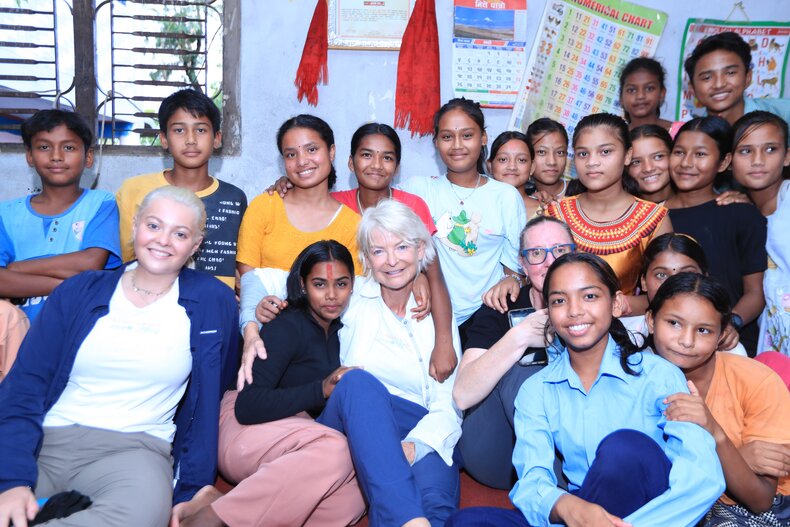
World Children’s Day serves as a poignant reminder of our collective responsibility to protect and promote the rights of children.
“As we commemorate this important day, let us reaffirm our commitment to ensuring every child has the opportunity to grow, thrive, and contribute to a better world,” says Ann Kathrin Linsenhoff.
Yours
sincerely

